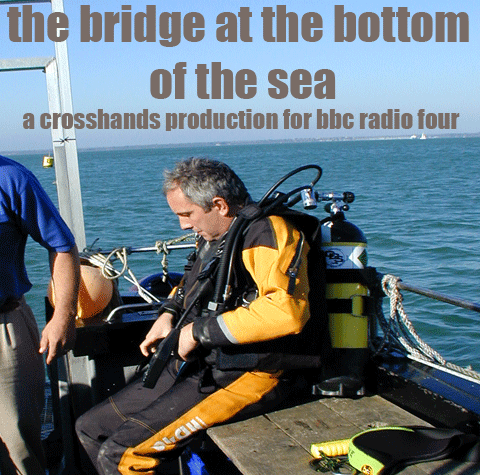- Prepare for a lot of shit to be thrown your way.
Politics is a dirty business. Always has been. But the trolls lurking in the darker corners of the social web have made it a whole lot dirtier. And the quality of political discourse nationally has only made things worse. - Don’t be too negative.
Politics, of course, involves saying how badly your opponents are doing. But as a Labour councillor if you over do the Tory-bashing, or vice versa, people will tire of your moaning. - Show don’t tell.
We know you want to make Anytown a better place to live, work and play. That you’re passionate about the area. And that as a councillor/group/party/administration you have an enviable track-record for getting things done. You would say that wouldn’t you? After all you want our votes! But leave the self aggrandisement to your election blurb and show us instead of tell us. Which means posting pictures and videos of yourself with your sleeves rolled, getting involved in your community. Helping clear the litter. Shovelling snow. Stacking sandbags. Making tea. Forge a positive visual association in people’s minds between your face/name and good work. - Don’t push the politics.
You probably enjoy the cut and thrust of the council chamber or the Commons but not everyone likes the adversarial nature of our political system. So ease back on the politics. A conversational tone is better on the social web. - Avoid picking a fight online.
It’s easy when provoked on Facebook or Twitter to hit back. What’s the old adage? Attack is the best form of defence. It isn’t on the social web. Or at least not very often. Even if you win. Because by hitting back you’re likely to draw more attention to the criticism (unless that’s what you want). Try to take any angry exchange of views offline. Suggest you follow one another so you can deal with the issue by DM (direct message) away from the public gaze. Or if the prospect of following your arch nemesis seems a step too far (although can always unfollow one another later) offer to email them instead. Anything instead of a public slanging match. - Don’t post just for the sake of it.
Overposting increases the background noise (I liken it to the shash of a mistuned, old school radio) and makes it even harder for you to cut through. Post too much and you risk becoming the online equivalent of the councillor, unloved even by their own party, who drones on and on and on and on…at council meetings. Or the little boy who cried wolf once too often, so when he had something really important to say nobody was listening. - Go easy on slavishly sharing and reposting material from your party’s central social media accounts.
If we want to hear from Boris or Jeremy or Jo or Nicola we can always follow them ourselves. Encourage us to follow you because of you not because you’re simply a cipher for Conservative Central Office or whatever. Local people still vote for local candidates and often across party lines. How many times have I heard “Ooh I’ve never voted Tory/Labour/Lib Dem/SNP/Plaid before in my life but councillor so and so gets my vote every time because they’re local and you see them at all the local events. He even lets us throw wet sponges at him and the vicar in the stocks at the village fete.” (I made that last bit up but you get my point). - Be nice and be human.
It’s easy to forget that politics can be consensual. Be generous and (even grudgingly) praise your opponents when they vote for something you believe in. Show us who you are behind the rosette. It’s the social web not the antisocial web. - Listen and watch.
The social web is a great place to tap into the community “vibe.” You’ll be alerted to issues that need dealing with more quickly this way than waiting for somebody to bring it to your attention at one of your surgeries. Be the councillor with your finger on the pulse. - Walk away.
And finally, back where we started, used strategically the ups of using the social web can far outweigh the downs. But if the online abuse gets too much, switch off, close your accounts (at least temporarily) and walk away. Nobody needs that kind of shit in their lives. Not even politicians!
Richard Uridge facilitates ACM Training’s social media and other communication workshops. We regularly have councillors attending our open, public workshops. Or why not book us to deliver this training in-house for your group or administration? That’s the way we work with hundreds of local authorities across the UK from Aberdeenshire to Devon and from Bangor to Boston. It could just get you re-elected!










